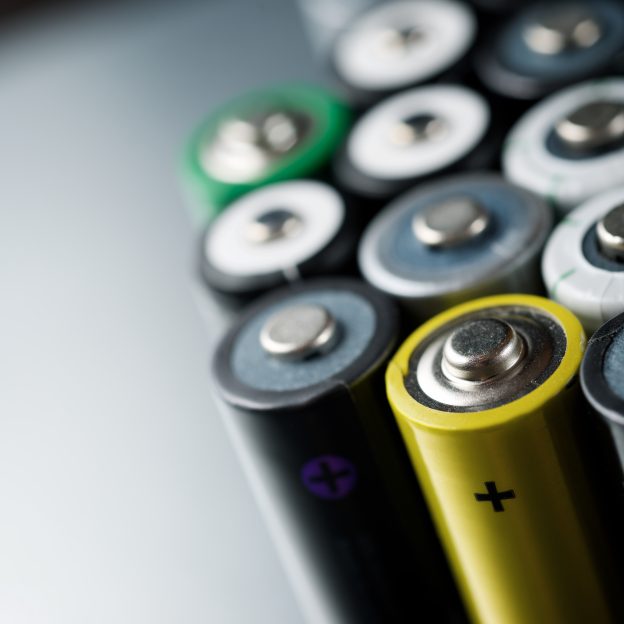
With an eye on Taiwan's potential electric-car market, Volkswagen has debuted its Audi e-tron, an e-car model, on the island.
The debut has been made, alongside the establishment of its "e dynamic center" on March 26, dedicated to the cultivation and training of electric-car technicians, an addition to the group's existing training center in Xizhi District of New Taipei City.
Matthias Schepers, president of Volkswagen Taiwan, pointed out that the move is part of the group's aggressive global e-car initiative, for which the group will roll out 70 electric-car models, up from original plan of 50, by 2028, involving investment of 30 billion euro by 2023. The group targets raising share of electric cars in its sales to over 40% by 2030.
Set up in 2015 at a cost of NT$100 million, Volkswagen's Xizhi training center is group's largest training center in Asia-Pacific excluding China and has provided 10,000 persons/day of training. Equipped with Germany-made equipment, the training center features German-style training, including focus on participation, inspiration of innovation and thinking, and practice.
In addition to talent training, the "e dynamic center" will also function as a tool for cooperating with local suppliers in pushing the setup of e-car charging network, to facilitate the popularity of electric cars.
As a pioneering e-car model for Taiwan, Audi e-tron is a SUV, featuring virtual rearview mirror and ultra-low wind resistance of 0.28 Cd, thanks to its compact design. Small cameras attached to the rearview mirror can catch real-time photos for projection on instrument panel or OLED screen beside auto door, helping the driver have a firm grip of the external status and enhancing safety.
Thanks to the brand new thermal management system for lithium-ion battery, Audi e-tron boasts 400 kilometers in cruising range and can be fully charged within 30 minutes, taking advantage of the 150 kW fast charging mode.
In line with the visions of digitalization, urbanization, and sustainable development, Volkswagen has been sparing no effort in pushing the development of electric cars in recent years, according to Matthias Schepers. The group projects to sell 3 million electric cars by 2025.
(First photo courtesy of pixabay)







